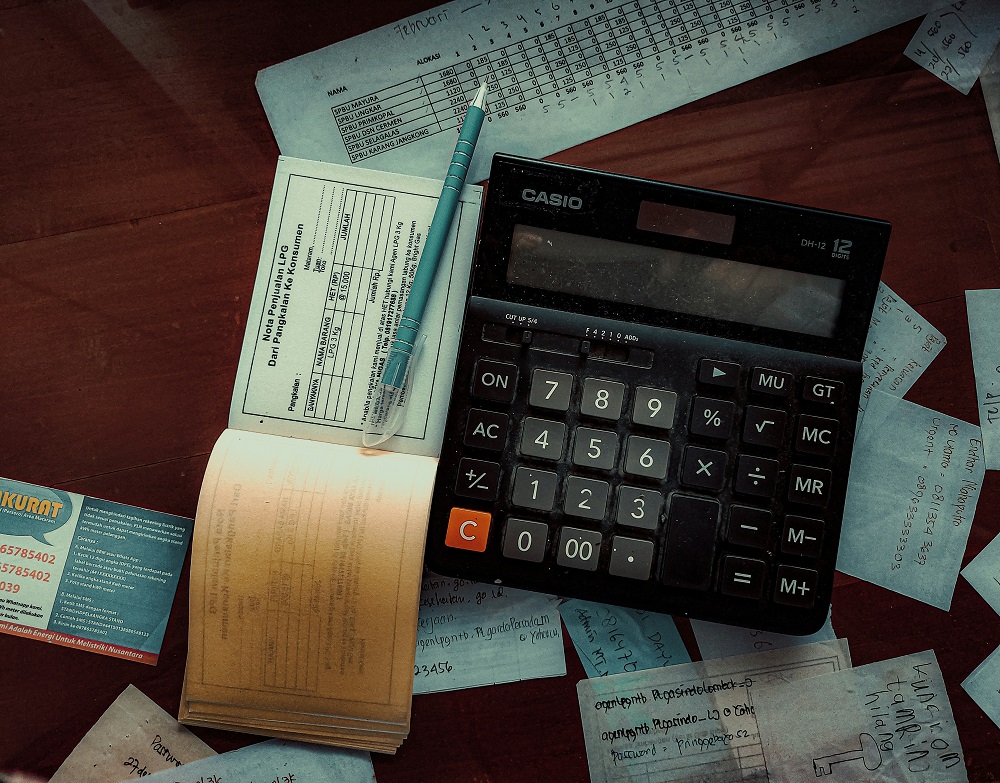How Debt Validation Services Can Help You Fight Back Against Collection Agencies
Dealing with debt collectors can feel like walking through a legal and financial minefield. Phone calls, threats of lawsuits, credit...

Dealing with debt collectors can feel like walking through a legal and financial minefield. Phone calls, threats of lawsuits, credit report damage — it’s intimidating. But what most consumers don’t realize is this: you have the legal right to challenge the debt through something called debt validation.
In this guide, we’ll break down how debt validation services work, what your rights are under the Fair Debt Collection Practices Act (FDCPA), and how working with professionals like US Debt Validation can help you protect your credit, stop harassment, and avoid paying debts you don’t legally owe.
What Is Debt Validation?
Debt validation is your legal right to request that a debt collector prove that the debt they’re attempting to collect is valid, accurate, and that they have the legal right to collect it.
Under the FDCPA, if a collector contacts you about a debt, you can send a debt validation letter within 30 days. The collector must then provide:
- A copy of the original contract or documentation
- The name of the original creditor
- A breakdown of the amount owed (including interest/fees)
- Proof that they have been assigned or own the debt
If they cannot provide this, they are not allowed to continue collection efforts.
Why Is Debt Validation So Important?
Debt collection agencies buy old debt portfolios in bulk, often without complete documentation. As a result, it’s not uncommon for them to:
- Attempt to collect on debts that are already paid
- Chase debts that are past the statute of limitations
- Report incorrect balances to credit bureaus
- Harass the wrong person entirely
This is where debt validation services come in — to protect your rights and help you respond correctly without putting yourself at risk.
Common Signs You Should Request Debt Validation
- You don’t recognize the debt
- The amount seems incorrect
- You’re being contacted by a different company than the original creditor
- The debt is several years old
- You’ve already paid or settled the debt
- You’re being threatened with legal action
If any of the above sound familiar, contacting a trusted provider like US Debt Validation should be your next step.
How US Debt Validation Helps Consumers Nationwide
US Debt Validation is a trusted leader in helping consumers challenge questionable debt collection practices. With a team of experienced professionals, they help clients:
- Draft and send proper debt validation letters
- Dispute unverifiable debts
- Communicate with collectors on your behalf
- Monitor credit reports for changes
- Stop harassment and illegal threats
- Explore debt resolution options if the debt is valid
Unlike many do-it-yourself solutions, US Debt Validation provides step-by-step guidance and takes the legal and emotional burden off your shoulders.
Client Testimonial
“I had a $3,000 debt pop up out of nowhere from a company I never heard of. US Debt Validation helped me send the right letter, and within 3 weeks, the collection was dropped from my credit report. I didn’t have to pay a cent.”
– James M., Colorado
What If the Debt Is Valid?
If the collector successfully validates the debt, you still have options:
- Negotiate a settlement for less than the full amount
- Set up a payment plan
- Request debt forgiveness based on hardship
- Consider professional debt relief programs
Even if the debt is valid, how it is handled matters. US Debt Validation also offers consultations to help you determine the best next step.
Don’t Fall Into These Debt Collection Traps
Ignoring calls and letters: This can lead to lawsuits or default judgments. Always respond.
Admitting the debt: Be careful with your words. Acknowledging the debt in writing can reset the statute of limitations in some states.
Paying without validation: Once you pay, even partially, you’re essentially accepting the debt — valid or not.
Talking on the phone without written records: Always get everything in writing.
Debt validation services protect you from making these costly mistakes.
How to Start the Debt Validation Process
Step 1: Request your credit reports from all 3 bureaus: Experian, Equifax, and TransUnion.
Step 2: Identify any collections that seem unfamiliar or questionable.
Step 3: Contact a provider like US Debt Validation to draft a custom debt validation letter.
Step 4: Send the letter via certified mail with return receipt.
Step 5: Wait for the collector’s response and don’t make any payments in the meantime.
If they fail to respond or cannot validate the debt, you may be able to request the collection be removed from your credit report entirely.
Why Choose a Professional Debt Validation Service?
While you can technically send a debt validation letter on your own, a single mistake — like using the wrong language or missing a deadline — can hurt your case.
A professional like US Debt Validation:
Knows the legal language
Ensures timely delivery
Keeps records and documentation
Handles communication with collectors
Helps you dispute and follow up with credit bureaus
It’s not just about sending a letter — it’s about knowing your rights and enforcing them properly.
Real Results, Real Impact
Thousands of Americans have successfully used debt validation services to:
- Remove invalid debts from their credit reports
- Stop illegal collection activity
- Avoid court judgments
- Regain financial peace of mind
Whether you’re facing a $500 old utility bill or a $10,000 credit card collection, US Debt Validation has helped people just like you take back control.
Frequently Asked Questions (FAQs)
1. What is US Debt Validation?
It’s a debt validation service that helps consumers challenge, dispute, and resolve questionable debts legally and effectively.
2. Are debt validation services legal?
Yes. The Fair Debt Collection Practices Act (FDCPA) protects your right to request proof of debt from collectors.
3. How much does US Debt Validation charge?
Initial consultations are typically free. Pricing varies based on your case and services required.
4. What happens if the collector doesn’t respond?
They must stop all collection activity and may be required to remove the debt from your credit report.
5. Can I do debt validation myself?
You can, but mistakes in language or process can weaken your case. A professional service increases your chances of success.




